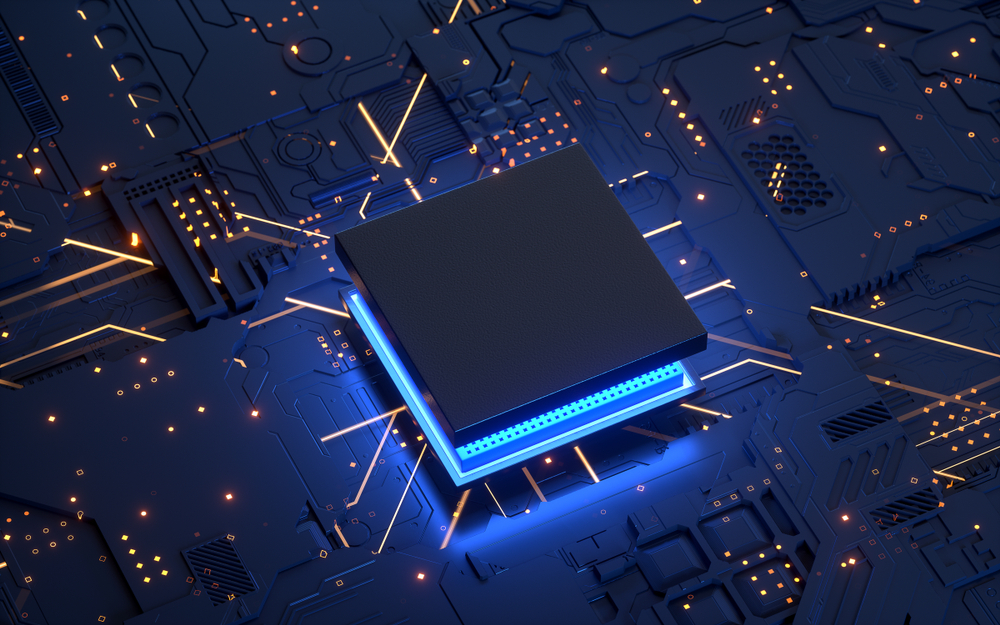Intel Gemini Lake CPUs Sail off Into the Sunset

Intel has finally retired its Gemini Lake processor lineup. The decision doesn't come as a surprise, since the chipmaker rolled out Gemini Lake's successor, Gemini Lake Refresh, last year,
Gemini Lake, which debuted in 2017, includes low-powered CPUs targeting entry-level devices, such as laptops, desktops or AIOs. The processors are based on Intel's Goldmont Plus microarchitecture and built with the 14nm process node.
The Gemini Lake family is mainly embodied by by Pentium Silver and Celeron processors that max out at four CPU cores without Hyper-Threading. The base clocks span between 1.1 GHz to 2 GHz, while the boost clocks range between 2.4 GHz and 2.8 GHz. Independent of the model, Gemini Lake processors come equipped with 4MB of L2 cache.
Intel Gemini Lake CPUs
| Processor | Core / Threads | Base / Boost Clock (GHz) | Cache (MB) | TDP (W) |
|---|---|---|---|---|
| Pentium Silver J5005 | 4 / 4 | 1.5 / 2.8 | 4 | 10 |
| Pentium Silver N5000 | 4 / 4 | 1.1 / 2.7 | 4 | 6 |
| Celeron J4115 | 4 / 4 | 1.8 / 2.4 | 4 | 10 |
| Celeron J4105 | 4 / 4 | 1.5 / 2.5 | 4 | 10 |
| Celeron J4005 | 2 / 2 | 2.0 / 2.7 | 4 | 10 |
| Celeron N4100 | 4 / 4 | 1.1 / 2.4 | 4 | 6 |
| Celeron N4000 | 2 / 2 | 1.1 / 2.6 | 4 | 6 |
| Celeron N4000C | 2 / 2 | 1.1 / 2.6 | 4 | 6 |
Intel will stop taking orders on the Pentium models on October 23, 2020, with the last shipment going out by April 2, 2021.
On the other hand, Intel is giving its clients a little more time for the Celeron SKUs. According to Intel's document, clients can still put in orders for the Celeron models until January 22, 2021. The final orders are expected to ship out by July 9, 2021.
With Gemini Lake's exit, consumers can expect to see Gemini Lake Refresh chips in budget-friendly devices in the near future. Gemini Lake Refresh doesn't present any significant changes on a microarchitectural level. The 14nm parts still peak at four cores and feature TDP (thermal design power) limits of 6W or 10W.
Nevertheless, Intel did give Gemini Lake Refresh a small boost clock upgrade over the original Gemini Lake chip. The refreshed 14nm processors flaunt boost clocks between 2.6 GHz and 3.2 GHz,depending on the model. That's not a big change but still better than nothing.
Get Tom's Hardware's best news and in-depth reviews, straight to your inbox.

Zhiye Liu is a news editor, memory reviewer, and SSD tester at Tom’s Hardware. Although he loves everything that’s hardware, he has a soft spot for CPUs, GPUs, and RAM.